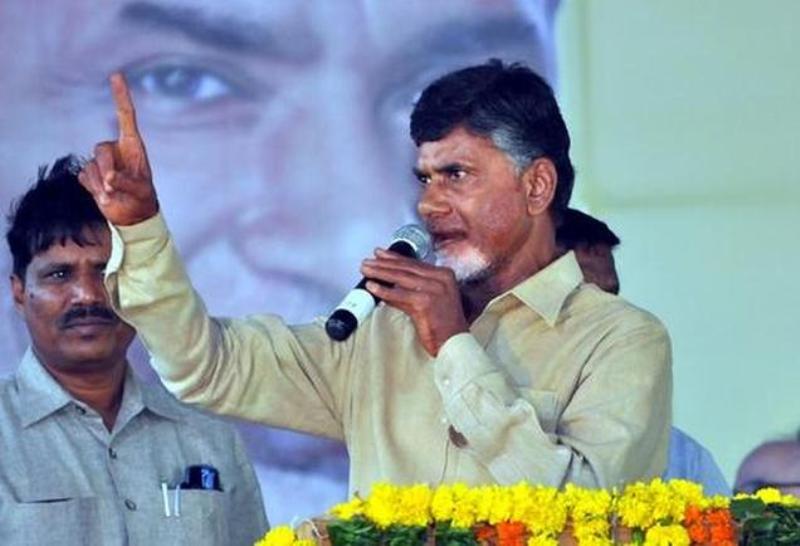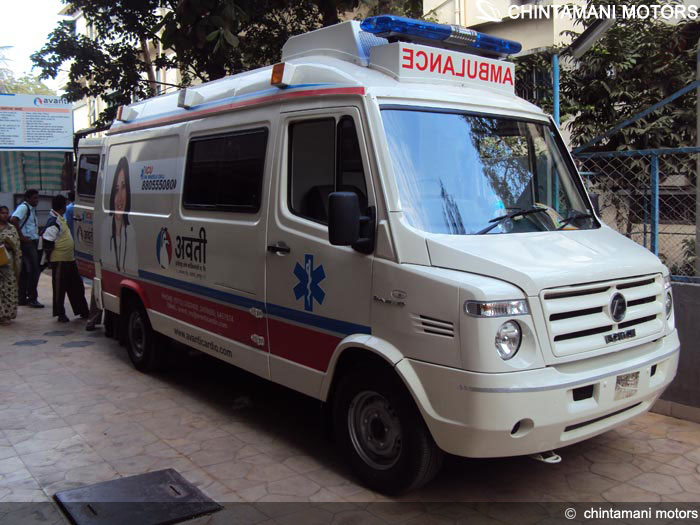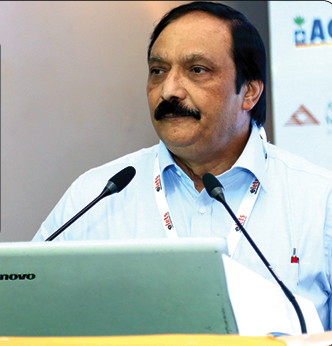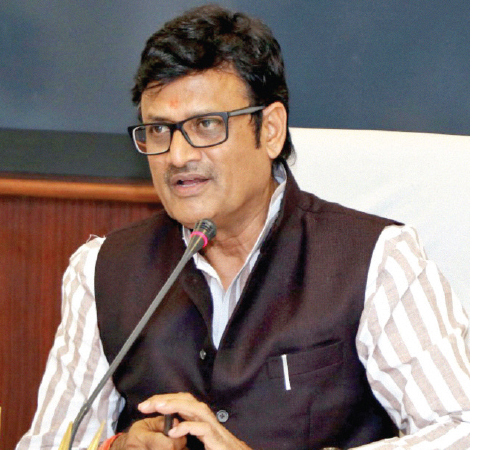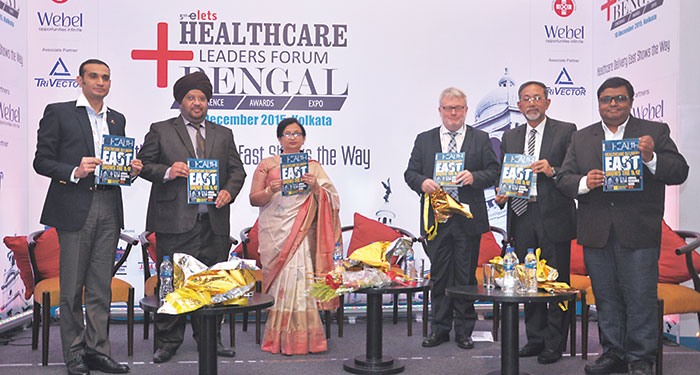
The East Indian region is plagued with almost similar ailments as the entire healthcare sector in the country. Paucity of trained and skilled medical manpower, health infrastructure, lack of quality medical education institutes and shortage of funds has been prent in the eastern region as much as other parts of the country. Realising the need to bring in the desired change, the state government has been taking policy measures to improve the overall healthcare ecosystem in the state

Chandrima Bhattacharya
Minister of State, Department of Health and Family Welfare, West Bengal
Our honable Chief Minister is leading the health department. There is no other state in the country where the CM is handling the health department port folio which is the most important sector of a state government. The new government has really brought revolution in the healthcare sector by making medical treatment free in the Government as well as tertiary hospitals also. In all government hospitals, any sort of treatment has been made free to the people. We have set up 107 fair price medicine shops which has shown a way to the country and was highly appreciated by the Centre. The State government is giving the land, electricity, water to the hospital premises while the private sector is providing medicinal facilities at reasonable prices. In the RSBY, we are leading the country and built up 33 CCUs at a distance of 50 kms and 17 HDUs and this has gone up to the level of sub divisions which has been done in the last four years.


Upender Jit Singh
MD, West Bengal Electronics Industry Development Corporation Limited (WEBEL)
ICT has been widely used in healthcare industry for last one decade in specific and has played a major role in the healthcare sector. Some technologies used currently include electronic health record, hospital management and information system, picture archiving and communication system generally used as PAX which is used for archiving and retri of all the digital imaging system and bar coding. One thing which is of utmost importance is telemedicine and telehealth. Webel is working on these aspects in a big way. As a state nodal agency, we are one of the few states which are implementing the National Optic Fiber Network (NOFN) project and Webel will be the implementing agency. The benefit of this would be once we have rolled out the optic fiber network till the gram panchayat level with huge bandwidth and network available, the possibility of telemedicine would be enormous.

Kieran McBrien
Regional Director, EMEA of Novaerus Ltd, Ireland
Our vision is that air borne infection at the hospitals is a massive issue across the world. Around 1,500 years ago Arab doctors used to wash their hands from vinegar before carrying out procedures. If you are continuously cleaning your environment or the bio burden on the surface, you are reducing the number of contacts points and the danger of contact points for your hands. Fundamentally the point is people have not been cleaning the air because it has not been possible to do it quickly and effectively at low cost. That is what now changing as technology is becoming cheaper every day. If you apply air quality technology as the first point of your infection control problem effectively, respiratory infections and air borne infections would be gone. Its important to clean surfaces but if you treat your air consistently you would be able to reduce chances of infections that can take a toll on you.

Dr Akun Sabharwal
Director, Drugs Control Administration, Telangana
Telangana is the youngest state in the country but we are the biggest player in pharmaceutical. Our state manufactures almost 40 per cent of the medicines made in India and also export 58 per cent of the medicines. We also regulate quality and prices of medicines and functioning of blood banks. We leveraged technology to try and cut down the trouble the government sometime gives to the hospitals and industry at large. We have grown from the undivided state of Andhra Pradesh. Telengana has inherited almost 85 per cent of manufacturing capacity with 490 manufacturing units and about 27,000 pharmacists which are functioning. We are one of the few drug regulators in the country which has put everything online like licencing procedures, parameters, flow charts etc. Now nobody needs to turn up at my office to get these things done as everything can be done online.


Dr NC Borah
CMD, GNRC Hospital, Assam
Private healthcare is becoming more expensive everyday and beyond the reach of almost 75-80 per cent people of our country. The recent socio economic survey showed that monthly household income of around 70 per cent people is below `7,000. As a result, about 75-80 per cent of the people do not have access to private hospitals that leads to excessive rush at the government hospitals and pressure on their doctors as well. In an experiment, we have hired 500 people to work in the hospital and another 500 deployed in a community who they take care of poor people and create awareness amongst the masses. Besides, accessibility is a major issue in the hospitals especially in the tertiary care hospitals. A majority of them are located in metropolitan cities and a very few are based at tier two and tier three cities. On an average for a tertiary care facility, a patient has to travel 50-60 kms and sometimes even 100 kms distance.

Dr Sujoy Kar
Director-Medical Services, Apollo Gleneagles Hospitals, Kolkata
I would like to through some light on four distinct paradigm shifts that you need in healthcare. The first is, change the way the medical education is given. You have five years of MBBS, three years of MS or MD or a certain years of post and then you have a licence to practice that branch for next 40 years. What is that we need to bring in as an innovation that there are constant changes the way the medicine was practiced in 1980s is no more the same way the medicine is practiced today. There are changes and we have to bring along them and how are doctors not only in tertiary or secondary care hospitals but in the community are taking the challenges of technology and information and changing themselves over a period of time.
Be a part of Elets Collaborative Initiatives. Join Us for Upcoming Events and explore business opportunities. Like us on Facebook , connect with us on LinkedIn and follow us on Twitter , Instagram.


